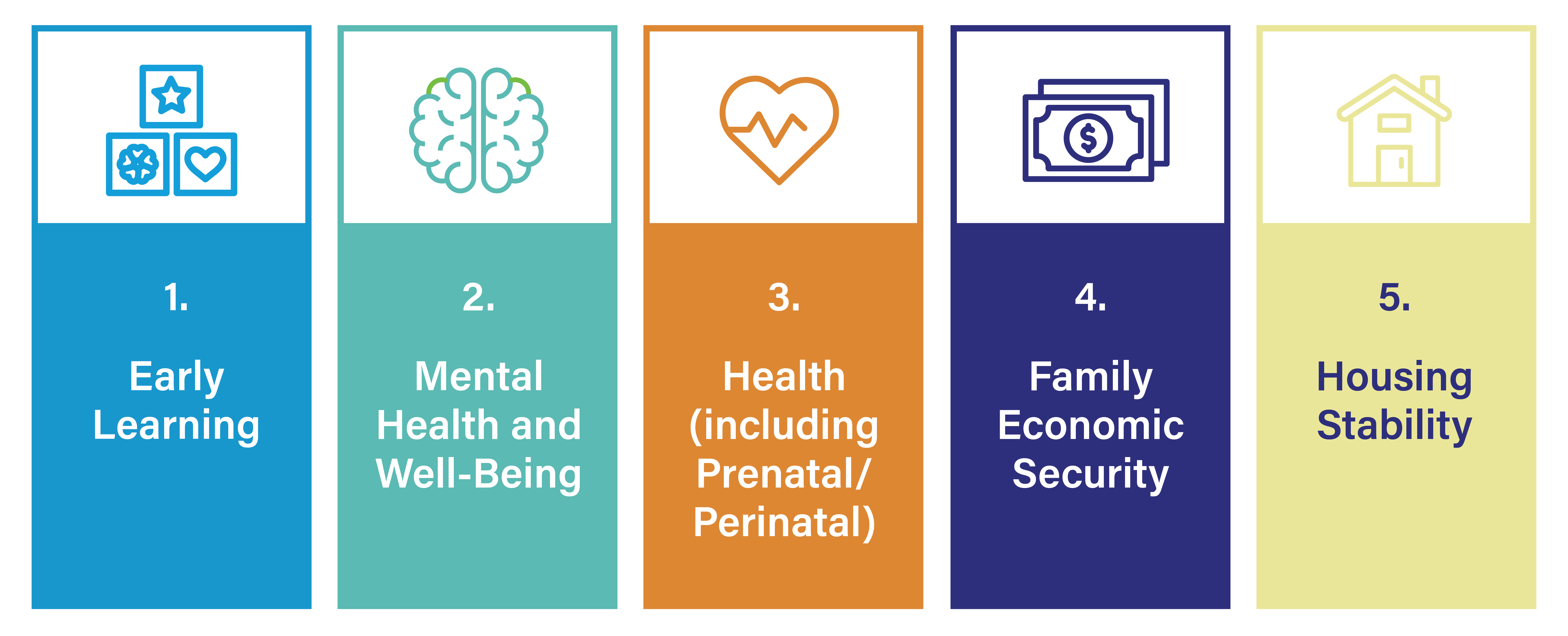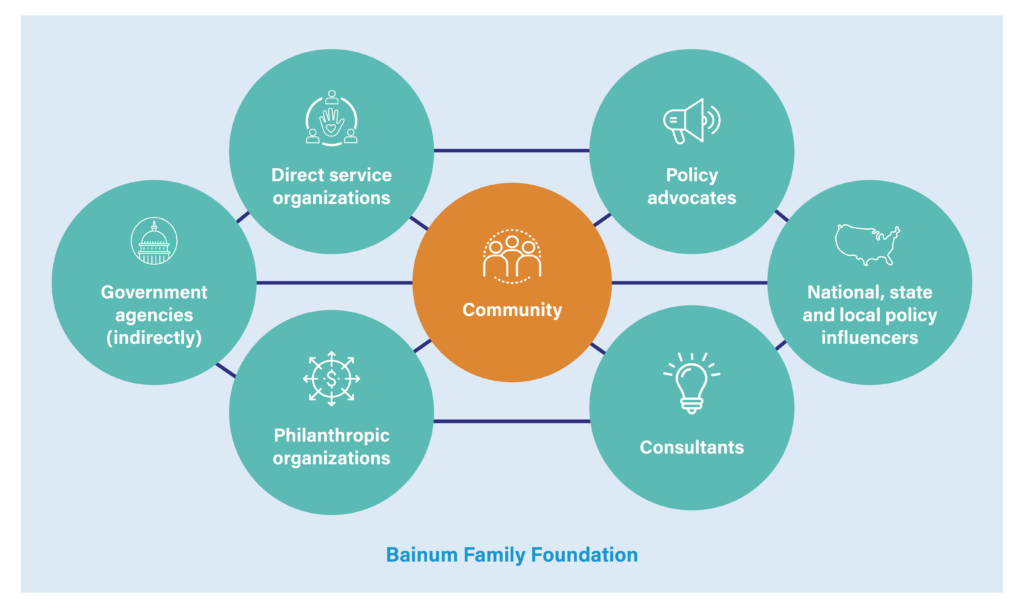Our 2015 strategic plan had a specific goal of adding 750 high-quality early learning seats in the District of Columbia’s Wards 7 and 8 over five years. We exceeded that goal, adding more than 900 high-quality seats by 2020. We also increased access to home visiting, family well-being and prenatal/perinatal services, and we helped build a robust and aligned advocacy coalition in D.C. that has been instrumental in:
Through these experiences, we learned critical lessons about our own power and role in the ecosystem. We came to understand proximity and established community trust as the most critical aspects of due diligence when establishing new partnerships. We redefined “experts” as those closest to the problem and, therefore, most likely to understand the issues and identify the best solutions. We realized the problems we are trying to solve require embracing the complexities of a both/and approach, not an either/or approach. That means we intend to:
In alignment with the foundation’s new strategic direction, our Early Childhood work now aims to:
Our previous Early Learning work has been broadened to prioritize five aspects of Early Childhood that contribute to the healthy growth and development of young children and the well-being of their families.

We will continue to work with a wide range of partners and collaborators to achieve our mission. In some instances, we will support and inform our partners’ work, while in other instances, we will design, execute or co-execute special projects. Examples of these special projects include:
